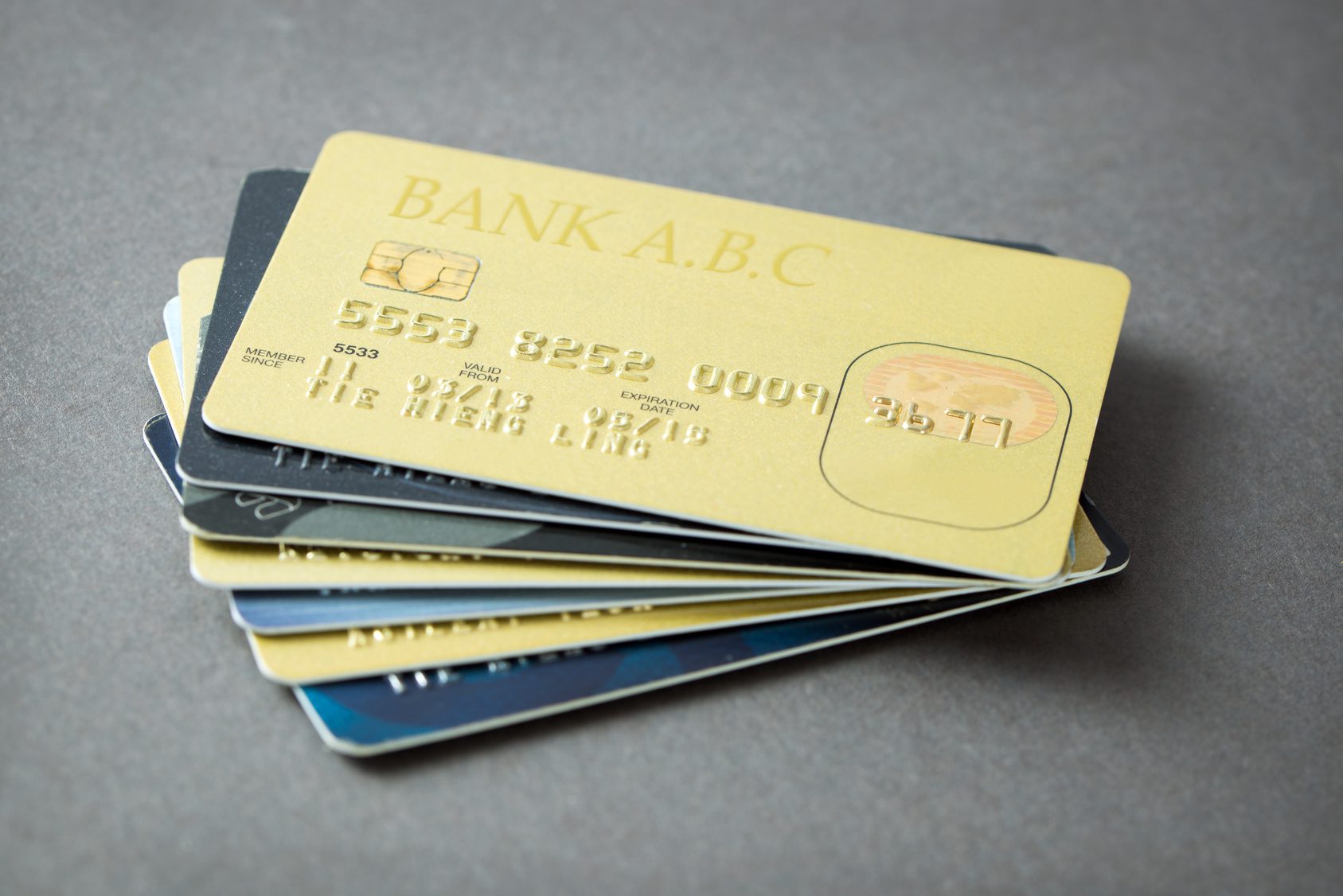Consumers are increasingly conscious of their environmental impact and this extends to the brands, products and services they choose to engage with. Indeed, nearly 60% of customers are willing to pay more for brands that are committed to maintaining a positive environmental impact[1].
Retailers have reacted to this by using their environmental values to differentiate (just look at the hype caused by PG Tips’ recent announcement[2]), but it’s imperative that they can justify these claims to today’s clued-up consumers. For this reason, gift and loyalty schemes – that grow revenues for brands all over the world – have caused some ‘green’ businesses to hesitate and ask “We need to build loyalty, but does a plastic card align with our values?”
In today’s competitive marketplace, this pause for thought can be costly. Take gift as an example, UK GCVA research[3] found that one in three people spend more on a gift card than they would on a physical gift. When you compound this with the redemption data – 72% of consumers spend more than the value on the card, averaging 55% on top of the card’s original value – the potential missed opportunity is striking.
Greener pastures
Thankfully, ecologically minded brands now have a wealth of eco-friendly card material options available to them and the right choice will serve as a simple, convenient reminder to consumers that green values run through every area of their business.
- 740 micron uncoated board – a sustainable alternative to plastic that is created from replenished raw materials. It is a popular choice for businesses seeking to launch a sustainable printed product that reduces their plastic consumption. Ginkgo board is 100% Forrest Stewardship Council (FSC) certified, 100% bio-degradable and 100% compostable, but these impressive green credentials do not compromise its excellent quality, rigidity and durability.
- eCard also provides an attractive green alternative to 100% plastic cards. Cards produced with eCard look and feel virtually identical to PVC cards, but are made from 60% chalk and 40% HDPE (High Density Polyethylene). This completely non-toxic material boasts an environmentally sound production process and can be manufactured using exactly the same machinery used to produce PVC cards. Same brand advocate, just using chalk!
- 740 micron coated board 100% paper-based cards provide another environmentally conscious alternative to traditional plastic gift cards, while grabbing attention with a plethora of printing possibilities that are unmatched by plastic. The exceptional rigidness offers a plastic-like feel, while reducing use of natural resources and waste, notably by 59% in grid electric energy waste.
Don’t underestimate the eco-revolution
Environmental issues are set to remain high on the agenda. Today’s discerning consumers align themselves with brands whose values match their own. Brands that have previously shied away from gift and loyalty cards because of PVC now have a wide range of options that both deliver on durability and perform just as well, if not better, than plastic as striking brand ambassadors. In a market where 76% of brands are seeking to combine gift and loyalty programmes[4], these materials are already enabling eco-conscious brands to compete on a level playing field, building loyalty and revenues.
At Thames Technology we always strive to be a ‘green’ manufacturer and successfully achieved ISO 14001 accreditation in July 2010. Contact our team to find out more about eco-friendly cards.
[1] http://www.nielsen.com/us/en/insights/reports/2015/the-sustainability-imperative.html
[2] http://www.bbc.co.uk/news/uk-43224797
[3] http://www.ukgcva.co.uk/downloads/research/top-ten-takeaways.pdf
[4] http://www.ukgcva.co.uk/downloads/research/top-ten-takeaways.pdf











